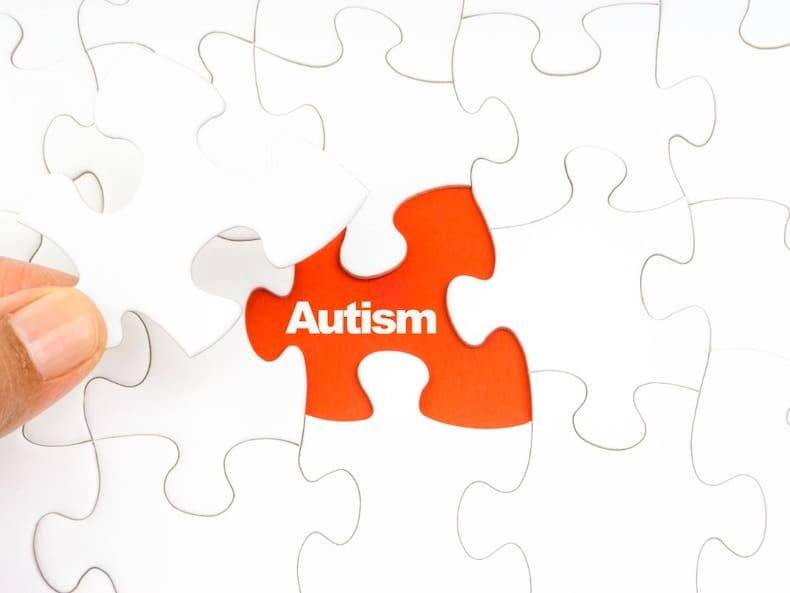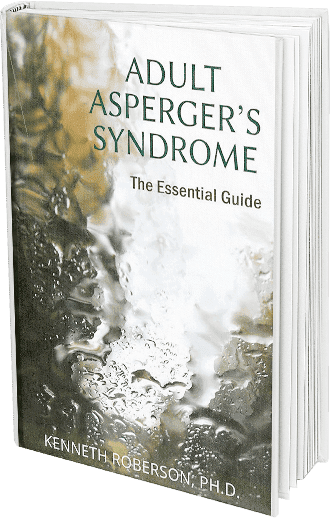Scientists at Wake Forest School of Medicine have made progress in developing a brain-based test to diagnose autism. The objective test uses fMRI to measure the response of autistic children to different environmental cues. The study focused on a specific part of the brain involved in assigning value to social interactions and found that children with autism do not encode social value in the same way as typically developing children. Currently, diagnosing autism relies on subjective assessments by clinicians, which can be time-consuming. The potential brain-based method could provide a more objective and efficient way to diagnose autism.
In the study, 12 children with autism and 28 typically developing children aged 6 to 18 participated. They were shown eight images of people or objects multiple times while being scanned with fMRI. Each participant selected two favorite images and then ranked the remaining images based on pleasantness. The study found that the average response of the ventromedial prefrontal cortex (vmPFC) was significantly lower in the ASD group compared to the TD group. This suggests that using images as stimuli in an fMRI scan can successfully differentiate between children with autism and typically developing children.
The research team plans to conduct follow-up studies to identify other brain areas involved in different facets of autism and personalize treatments. The research was funded by Wellcome Trust, Kane Family Foundation, Autism Speaks, Charles A. Dana Foundation, and the National Institutes of Health. The findings contribute to our understanding of autism and may lead to improved diagnostic methods, which could enhance our understanding of the brain mechanisms involved in autism and its variations across the spectrum.





